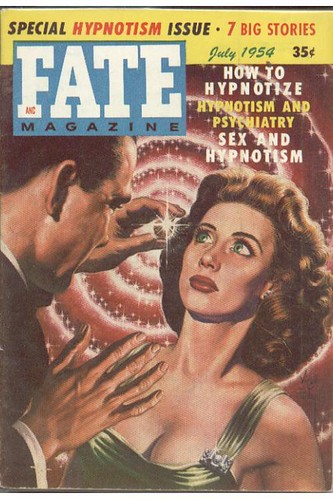A LETTER TO THE SURGEON FROM THE GENETICS CLINIC....
Zachary is followed by myself in CHLA Medical Genetics for an inborn error of mitochondrial energy metabolism. Clinical manifestations in Zachary include autism, cyclic vomiting, complex regional pain syndrome and rhabdomyolysis. Mitochondrial disorders decrease the ability to produce energy in adequate amounts, and typically involve those tissues with the highest energy demands. This letter discusses some precautions that are prudent to take when patients within this group of disorders undergo surgical procedures.
Patients with mitochondrial disease often are sensitive to fasting. Fortunately, the administration of IV D10 (with appropriate electrolytes) at least at a rate of maintenance has been associated with an absence of any fasting complications in patients with mitochondrial disease in my experience. The patient can be fasted overnight, with an IV placed and D10 administered starting in the early morning. The D10 containing IV fluid should be run throughout the pre-operative, operative, and post-operative phase until the child is able to adequately take enteral feedings. In the vast majority of cases, hospitalization for the night prior to or after surgery is not necessary.
The surgeon should be aware that cardiac, hepatic, endocrine, and autonomic nervous system dysfunction occasionally occurs in patients with mitochondrial disease. However, in my experience surgical procedures in patients with mitochondrial disease are safe if appropriate fasting precautions are taken. Because of the aforementioned hypothetical complications, it is prudent that surgical procedures be performed in a major medical center.
Based upon antedotal reports, there may be an increased probability of malignant hyperthermia when patients with mitochondrial disease undergo surgical procedures. However, this has not been my experience in a large number of patients with mitochondrial diseases that have undergone biopsy, as well as more intensive surgical procedures, including cardiac transplant, abdominal surgery, etc. Because of this hypothetical risk, appropriate precautions (Dantrolene) should be readily available.
First surgery he went into rabdo
second surgery he lost the use of his leg and foot
So here we go again..... the date is on June 27th
I am powerless ....... OK so come what may we'll deal with it.
My New Earth work is actually on twiiter.com/BookClubClass It's a text messaging book club. In case you came here from the Oprah website and were wondering where it all is. I'll bring my New Earth Work over here because, I guess this is where it's meant to be. Welcome to Jippyjabber! PS I am auntjippy on the Oprah message boards.
Friday, June 22, 2007
Subscribe to:
Post Comments (Atom)


2 comments:
Please keep us posted. I'm glad they know what to do and how to keep him stable. It sounds like he's getting the best possible care, thank God he's got you advocating for him.
Wish I could give you a hug.
Thank you ....
Post a Comment